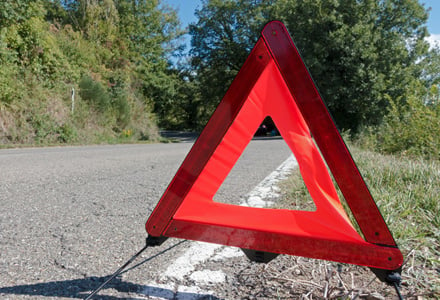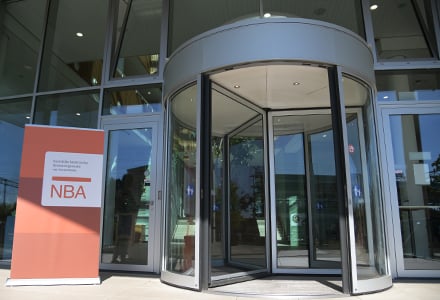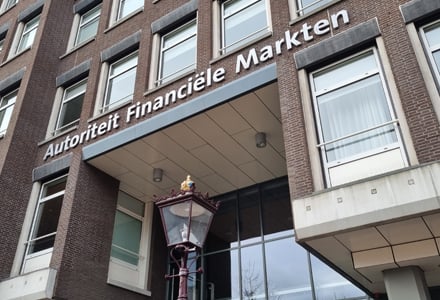Paul Koster: 'Verplicht accountants tot forensische audit'
Om het vertrouwen in de accountantscontrole niet verder te laten afnemen is een stap verder nodig dan alleen die naar meer professionele scepsis. In de jaarrekeningcontrole moeten verplicht forensische stappen worden ingebouwd om actief fraude en andere malversaties op te sporen. "De extra auditkosten daarvan verbleken bij die van niet-ontdekte fraudes."
Dat zei Paul Koster in een keynote speech tijdens de tweede Regional Audit Conference in Dubai, getiteld 'Professional Scepticism: raising the bar!'. Aan de tweedaagse conferentie (22-23 november 2011), georganiseerd door de Dubai Financial Services Authority (DFSA), namen ruim 250 accountants deel uit negen landen.
Registeraccountant Paul Koster, tot april 2008 bestuurslid van de Autoriteit Financiële Markten en sinds eind 2008 chief executive van de DFSA, noemde het komende jaareinde het "meest uitdagende" dat accountants ooit hebben meegemaakt. Na vier jaar van "de ergste financiële crisis sinds de Tweede Wereldoorlog" zullen auditors zeer moeilijke oordelen moeten uitspreken, bijvoorbeeld rond de in deze tijd uiterst gevoelige jaarlijkse impairment tests van goodwill.
Van accountants wordt volgens Koster een hoge mate van scepsis vereist. Hij sluit zich dan ook aan bij de internationale roep door toezichthouders om een meer professionele sceptische houding. Maar omdat de accountant(scontrole) zich volgens hem absoluut geen verder vertrouwensverlies kan permitteren, wil Koster "een significante stap verder" gaan: het in de jaarrekeningcontrole verplicht opnemen van ‘forensische' onderdelen'.
"I claim we have come to point where auditors need to include in their annual audit program forensic steps to detect fraud and misappropriation. These should especially include steps to scrutinize ‘tone at the top' fair valuation, revenue recognition, off-balance sheet items and, as just mentioned, impairment tests."
"The objective of a forensic audit in the current literature and audit plans is different from the objective of a financial statement audit. In an audit of financial statements, the auditor's overall objective is to express an opinion on whether the financial statements are prepared, in all material respects, in accordance with an applicable financial reporting framework. However, in a forensic audit, the objective is to uncover asset-theft fraud."
Zo'n aanpak zal de audit fees doen stijgen, maar volgens Koster verbleekt die kostenverhoging bij de kosten van niet-opgespoorde fraude. Hij wijst er op dat om deze aanpak ingang te doen vinden, de bestaande auditstandaarden zullen moeten worden aangepast. De verwachting dat accountants bij hun controle actief ‘forensisch' optreden, moet worden geformaliseerd.
"Under the existing standards, responsibility for preventing and detecting fraud rests with the management. Although the auditor - until now!! - has not been required to perform work with a forensic mind, he/she still can have a positive role in preventing fraud and errors by deterring their occurrence. The auditor should plan and perform the audit with the recognition that conditions or events may be found that indicate that fraud or error may exist."
"Should the standards include a positive obligation on auditors to perform audit with a forensic mind to discover frauds over a certain threshold? I say Yes! The audit needs to go back to its root and perform the basics. This is not likely unless there is a strong positive obligation under the standards they have to follow."
Gerelateerd

Frauderisico's - nu de volgende stap zetten
Om de controle van frauderisico's te verbeteren is al een maatregel voorhanden. Vanuit de NBA Accounttech community is een methode ontwikkeld voor data-gedreven...

Pheijffer: sector mag uitkomsten AFM-onderzoek naar frauderisico's 'niet voor lief nemen'
De door de AFM geconstateerde tekortkomingen in de werkzaamheden van accountants rondom controlerisico's noemt hoogleraar Marcel Pheijffer in zijn jongste column...

NBA 'teleurgesteld' over uitkomsten AFM-rapport over frauderisico's
De NBA reageert teleurgesteld op de bevindingen in het AFM-rapport over controlewerkzaamheden bij frauderisico's, na de stappen die de NBA en accountantsorganisaties...

AFM wil dat accountants beter controleren op frauderisico's: 'de volgende keer blijft het niet bij waarschuwen'
Accountants geven in hun wettelijke controles aandacht aan frauderisico's. Maar volgens de Autoriteit Financiële Markten (AFM) zijn de daarmee samenhangende controlewerkzaamheden...

Accountant NSC legt jaarrekeningcontrole stil, forensisch accountant onderzoekt fraudesignaal
De jaarrekeningcontrole van partij Nieuw Sociaal Contract (NSC) ligt stil. De controlerend accountant schreef dat eind november in een brief aan het NSC-bestuur,...
